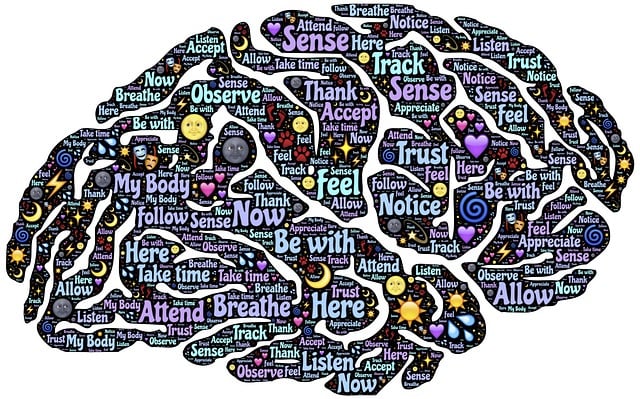Mental health professionals treating young adults must address unique risks, especially alcohol abuse during life transitions. Early identification, compassion cultivation, and self-care strategies are key risk management tools. A comprehensive approach involving screening, tailored interventions, cultural competency training, and trauma support services creates a safe environment for successful treatment of Therapy for Young Adults Alcohol Abuse.
Mental health professionals face unique challenges when treating young adults, particularly those struggling with alcohol abuse. This article delves into the crucial aspect of risk management planning, a vital tool to ensure patient safety and effective therapy. We explore identifying potential threats, developing strategic plans, and implementing monitoring strategies tailored for this demographic. By understanding the risks associated with alcohol abuse in young adults, professionals can create a supportive environment fostering positive outcomes.
- Understanding the Risks: Identifying Potential Threats to Young Adult Patients in Therapy
- Developing a Comprehensive Risk Management Plan: Strategies for Mental Health Professionals
- Implementing and Monitoring: Ensuring Safety while Treating Alcohol Abuse in Young Adults
Understanding the Risks: Identifying Potential Threats to Young Adult Patients in Therapy

Mental health professionals working with young adults face unique challenges when it comes to risk management. Understanding the risks involved in therapy for this demographic is paramount. One significant concern is the potential for alcohol abuse, a prevalent issue among young adults navigating life transitions and emotional struggles. Identifying and addressing alcohol-related threats early on can prevent more severe consequences.
Beyond substance abuse, depression prevention should be a key focus. Many young adults experience profound emotional changes, and compassion cultivation practices and self-care strategies can significantly mitigate risks. By integrating these approaches into therapy, professionals can foster a supportive environment that encourages resilience and coping mechanisms, thereby enhancing overall treatment outcomes.
Developing a Comprehensive Risk Management Plan: Strategies for Mental Health Professionals

Developing a Comprehensive Risk Management Plan is an essential strategy for Mental Health Professionals to ensure a safe and supportive environment for their clients, particularly those facing challenges like alcohol abuse among young adults. This process involves identifying potential risks, assessing their impact, and implementing tailored interventions. By integrating these strategies into practice, professionals can foster a culture of resilience and well-being.
One key aspect is tailoring risk management to diverse client populations, including consideration of cultural competency through Healthcare Provider Cultural Competency Training. Mental Health Education Programs Design should incorporate modules on recognizing and addressing trauma, as many young adults struggling with alcohol abuse have experienced past traumas. Moreover, integrating Trauma Support Services into the risk management plan can provide targeted interventions, enhancing overall client outcomes.
Implementing and Monitoring: Ensuring Safety while Treating Alcohol Abuse in Young Adults

Implementing effective risk management strategies is paramount in mental health care, especially when addressing issues like alcohol abuse among young adults. This involves a multifaceted approach to ensure the safety and well-being of both clients and therapists. One crucial aspect is establishing clear protocols for screening and assessment, enabling professionals to identify at-risk individuals early on. By integrating advanced risk assessment tools and training in compassion cultivation practices, therapists can foster an environment that encourages open dialogue about alcohol use while building emotional intelligence and empathy.
Regular monitoring and ongoing support are essential components of successful risk management. Mental health professionals should employ strategies such as frequent progress notes, client self-reporting, and peer supervision to identify potential risks or relapses promptly. Additionally, incorporating empathy-building strategies into therapy sessions equips young adults with coping mechanisms, enhances their ability to seek help, and promotes positive outcomes in their journey towards overcoming alcohol abuse.
Mental health professionals play a crucial role in treating young adults struggling with alcohol abuse. By understanding and identifying potential risks, such as relapse triggers and personal vulnerabilities, they can develop robust risk management plans. Implementing these strategies, which may include personalized treatment approaches, regular monitoring, and crisis intervention protocols, is essential to ensuring patient safety and fostering successful recovery journeys. Through diligent monitoring and adaptive practices, therapists can navigate the complexities of alcohol abuse in young adults, offering a supportive environment that promotes healing and long-term well-being.














